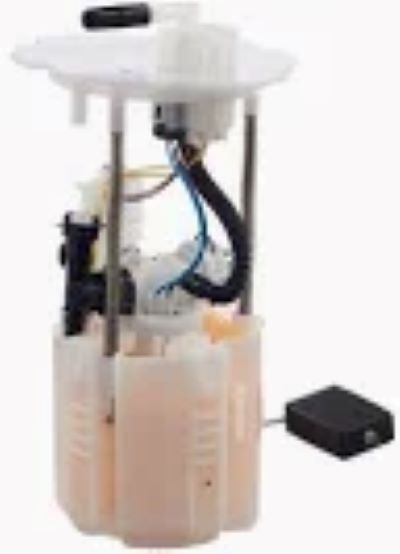Fuel Pump pressure is probably the single most important factor in regards to getting an engine the right amount of fuel, at the correct pressure for best performance. Fuel Pump: An electric pump that delivers fuel to the Fuel Injector at pressures between 30 and 80 psi in most vehiclesdepends on the manufacturer. The injectors fire in rapid bursts, which transfers high-pressure fuel to the engine where it is mixed with air for combustion. The engine starts running unable to function as intended, causing possibly misfires, bad acceleration or stalling when the Fuel Pump pressure is not within the limits.
The Fuel Pump is responsible for generating an adequate amount of pressure in order pass fuel through the fuel lines and into the combustion chamber of the engine. All these woes now begone thanks to Electric Fuel Pumps, while being phenomenally efficient they provide even pressure across all driving domains. It has to be controlled accurately because variations in that pressure can lead to the engine running too rich (too much fuel) or too lean (not enough fuel), which also has emissions and, clealy, direct effect on miles per gallon. The balance is maintained by a fuel pressure regulator, which is generally factory set to the correct value.
Your fuel pump may call for more pressure if you are using a high-performance or turbocharged engine and not a stock one. The two most common fuel pumps are Flow Forward Fuel Pumps and Positive Displacement Fuel Pumps — the choice of which depends on a range of factors such as whether it's an OEM or high-performance application. A POSITIVE DISPLACEMENT FUEL PUMP is basically mandatory on any inline application where the pump needs to be remote from (above the level of) your fuel tank. When the Fuel Pump is unable to maintain proper fuel prssure,piston knock, engines stalling or an engie failure may result.

In 2020, BMW recalled more than 100,000 vehicles for fuel pump pressure concerns that resulted in a stalling condition — one of many incidents that underscore the importance of Fuel Pump pressure. These pumps could not achieve the proper pressure, leading to loss of engine power–and endangering everyone on the plane–especially at high speeds.
If the Fuel Pump is too weak or fails, it will be unable to maintain the required Pressure and drivers may notice Difficulty Starting or sluggish Acceleration. Typically showing as the pump not delivering fuel or less than ideal causing up to 20% of Engine efficiency to be lost In rare cases, fuel pressure gauges is to be added to gauge the psi it is working properly.
As Henry Ford put it so well, “Quality means doing it right when no one is looking. This holds true for fuel systems as well; ensuring proper Fuel Pump pressure is a key ingredient in this recipe. Low pressure can be caused by a clogged fuel filter and a worn-out pump, but also by problems in the electrical system of the fuel delivery.
Regular fuel system inspection should be a part of the vehicle maintenance that can contribute in maintenance and regular monitoring performance of fuel system components, like the Fuel Pump. Correct pressure facilitates fuel delivery that helps engines to run smoothly and efficiently in all environmental conditions.